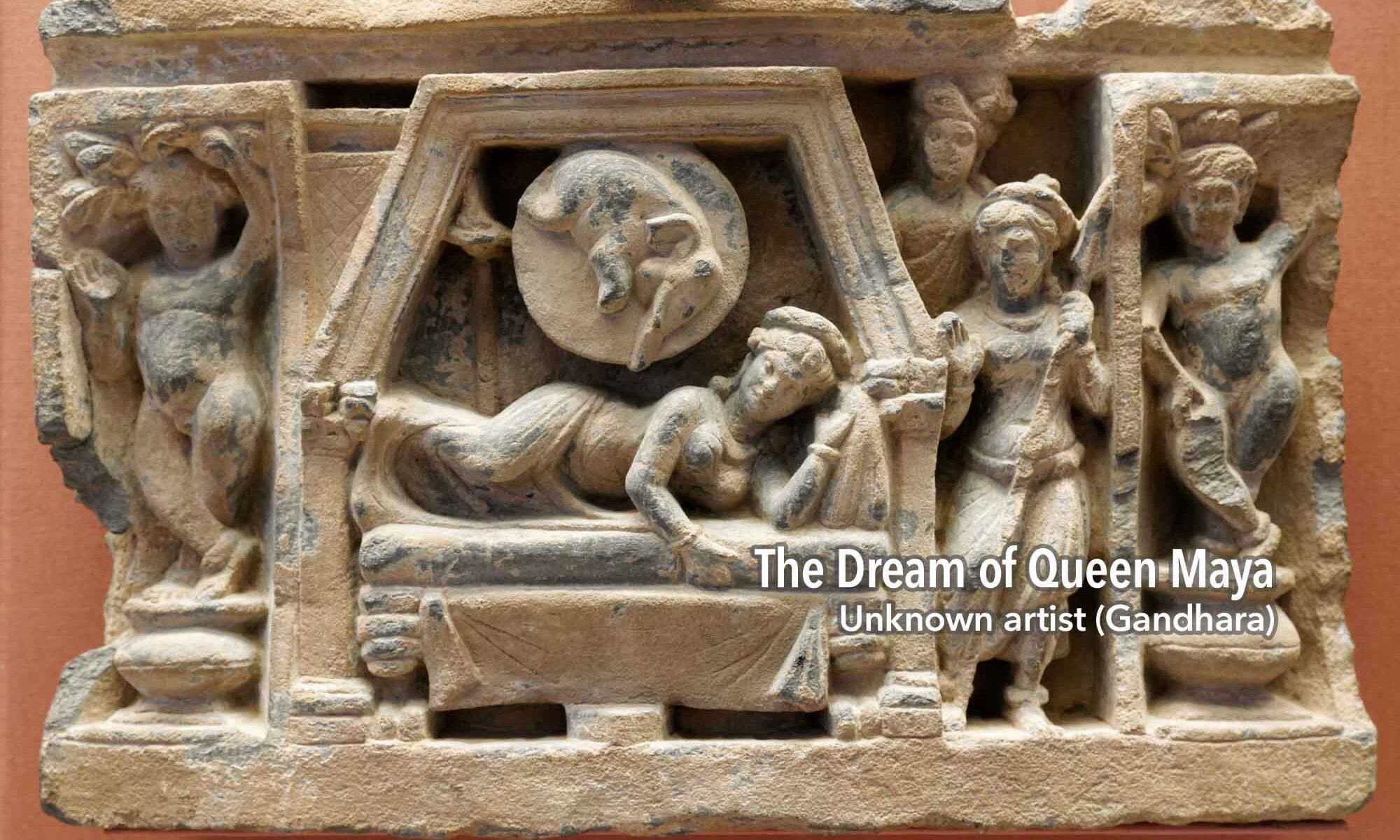Paper Presented at the 22nd Annual Conference of the International Association for the Study of Dreams
Berkeley, California — June 25, 2005
Abstract
This study examines the dreams of American liberals and conservatives in order to highlight patterns that might correlate with their opposing political views. A total of 234 participants (134 self-described liberals, 100 self-described conservatives) completed a lengthy sleep and dream survey, and their answers revealed several notable patterns:
- The liberals and conservatives in this study are not radically different species, at least when it comes to sleep and dreaming. People of both political persuasions share a common substrate of basic human sleep and dream experience.
- Conservatives sleep more soundly, with fewer dreams. Liberals have more restless sleep and a more active dream life. Conservatives sleep somewhat longer, with better sleep quality; they recall fewer dreams, but report more lucid dreams (especially conservative men). Liberals (particularly liberal women) have worse sleep quality, recall a greater number and variety of dreams, and have more dreams of homosexuality.
- Liberals and conservatives report a roughly equal proportion of bad dreams and nightmares. This is different from my earlier study (using dreams gathered from 1996-2000), when the conservatives had many more nightmarish dreams than the liberals. In the present study (using dreams gathered post-September 11, 2001 to the end of 2004), the conservative frequency of negative dreams is somewhat less, while the liberal frequency is much higher. It appears liberals have become more upset and troubled in their dreams, while conservatives have become less so in theirs.
- The dreams of liberals are more bizarre than the dreams of conservatives. This is consistent with my earlier findings. Liberals have more dreams with unusual, distorted, fantastic elements than conservatives, whose dreams are more likely to portray normal characters, settings, and activities.
The similarities and differences identified here may be artifacts of my study’s small sample size. Only future research can determine that. In the meantime, any interpretation remains provisional. With that caution in mind, if we follow the research premise that dream content is continuous with waking life emotional concerns, the results of this study may be interpreted as follows:
These dreams provide an accurate reflection of contemporary American politics. The current political weakness of liberals (especially liberal women) is reflected in their troubled sleep and varied, agitated dreaming. The current political strength of conservatives (especially conservative men) is reflected in their sounder sleep and diminished frequency and variation of dreaming.
“I was friends with George W. Bush and we were working together on his ranch. I was happy to be there.”
36-year old conservative woman from Pennsylvania
“I had a nightmare that Bush had won the Presidential election by getting 80% of the vote.”
23-year old liberal woman from Ohio

I don’t understand the time line of these postings.. in this one you say that “Liberals and conservatives report a roughly equal proportion of bad dreams and nightmares. This is different from my earlier study (using dreams gathered from 1996-2000), when the conservatives had many more nightmarish dreams than the liberals.” and in http://bulkeley.org/strange-politics-dreaming/ which was posted on the same day Nov 29th you say “What does it mean that conservative Republicans have almost three times as many nightmares as do liberal Democrats? I suppose that the former is the more recent, but this is not entirely clear..
Good point, these are earlier writings that I’m just now posting to the revised website.
The study from 1996-2000 included a finding that conservatives had more nightmares than liberals. The study using dreams gathered from 2000-2004 showed a roughly equal number of nightmares among cons and libs.
Those projects were limited by small sample sizes (56 in the earlier, 234 in the later). If you’re interested, I describe a bigger study of con/lib differences in sleep and dreaming in my 2008 book American Dreamers.